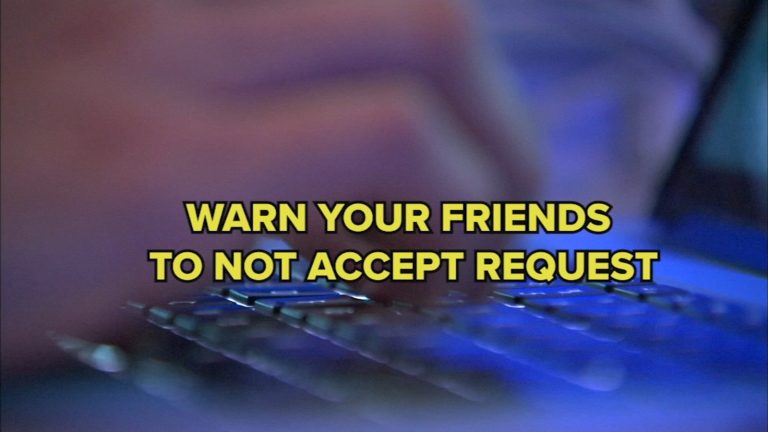Social Media Cloning: A Growing Threat to Online Users
CHICAGO – In the ever-evolving landscape of digital deception, a new breed of online scam is rapidly gaining traction: social media cloning. This insidious tactic involves the creation of a duplicate account mirroring an existing user’s profile, complete with their name, profile picture, and other publicly available information. Unlike hacking, which involves unauthorized access to an account, cloning focuses on replicating the outward appearance of a profile to deceive connections and exploit trust. Victims often discover the duplication when friends report receiving friend requests from a seemingly second account, raising red flags and prompting concerns about compromised security. This article delves into the mechanics of social media cloning, its potential dangers, and the crucial steps individuals can take to protect themselves and their network.
The mechanics of social media cloning are deceptively simple. Scammers scour public profiles, harvesting readily available information such as names, profile pictures, and cover photos. This information is then used to create a near-identical account, posing as the original user. The cloned account often lacks detailed profile information, appearing as a newly created profile rather than a long-standing account. This discrepancy, coupled with the unexpected friend request, often serves as the first clue for victims and their connections. While the primary target’s account remains untouched, the cloned profile becomes a tool for scammers to infiltrate their network of friends and family. The motivation behind social media cloning is typically financial gain or the spread of misinformation.
The dangers associated with social media cloning are multifaceted. Primarily, scammers leverage the cloned account to gain access to the victim’s social network. Once connected with unsuspecting friends and family, they can proceed with various scams, including phishing attempts, requests for money under false pretenses, or the spread of malicious links. The cloned account, cloaked in the legitimacy of the original user’s identity, becomes a powerful tool for deception. This can lead to financial losses for those who fall victim to the scams and damage the reputation of the original account holder. Furthermore, the cloned account can be used to spread misinformation or engage in online harassment, further tarnishing the victim’s online persona.
Recognizing and responding to a cloned account is critical. If friends report receiving a duplicate friend request, it’s crucial to take immediate action. The first step is to report the fake account to the social media platform. Most platforms provide a straightforward mechanism for reporting impersonation, usually under a category like "pretending to be someone." Provide as much information as possible, including screenshots and details of any suspicious activity. Next, warn your friends and family about the cloned account, advising them not to accept any friend requests or engage with any messages from the imposter. A public post on your timeline alerting your connections to the fraudulent account is also a proactive measure.
Preventing future cloning attempts requires a proactive approach to online security. Review your privacy settings and limit the amount of personal information visible to the public. Restricting access to profile details, photos, and friend lists minimizes the information available to potential cloners. Regularly monitor your social media presence for any suspicious activity, such as unexpected friend requests or messages from unknown individuals. Staying vigilant and educating yourself about the latest scams are key to protecting yourself in the ever-evolving digital landscape. Remember that the best defense is a strong offense.
The rise of social media cloning highlights the importance of online vigilance and the need for constant adaptation to emerging threats. By understanding the mechanics of cloning, recognizing the warning signs, and taking proactive steps to secure your online presence, you can significantly reduce your risk of becoming a victim. Remember that education and awareness are your strongest allies in the battle against online deception. By staying informed and remaining cautious, you can navigate the digital world with greater confidence and protect yourself from the ever-present dangers of online scams.


